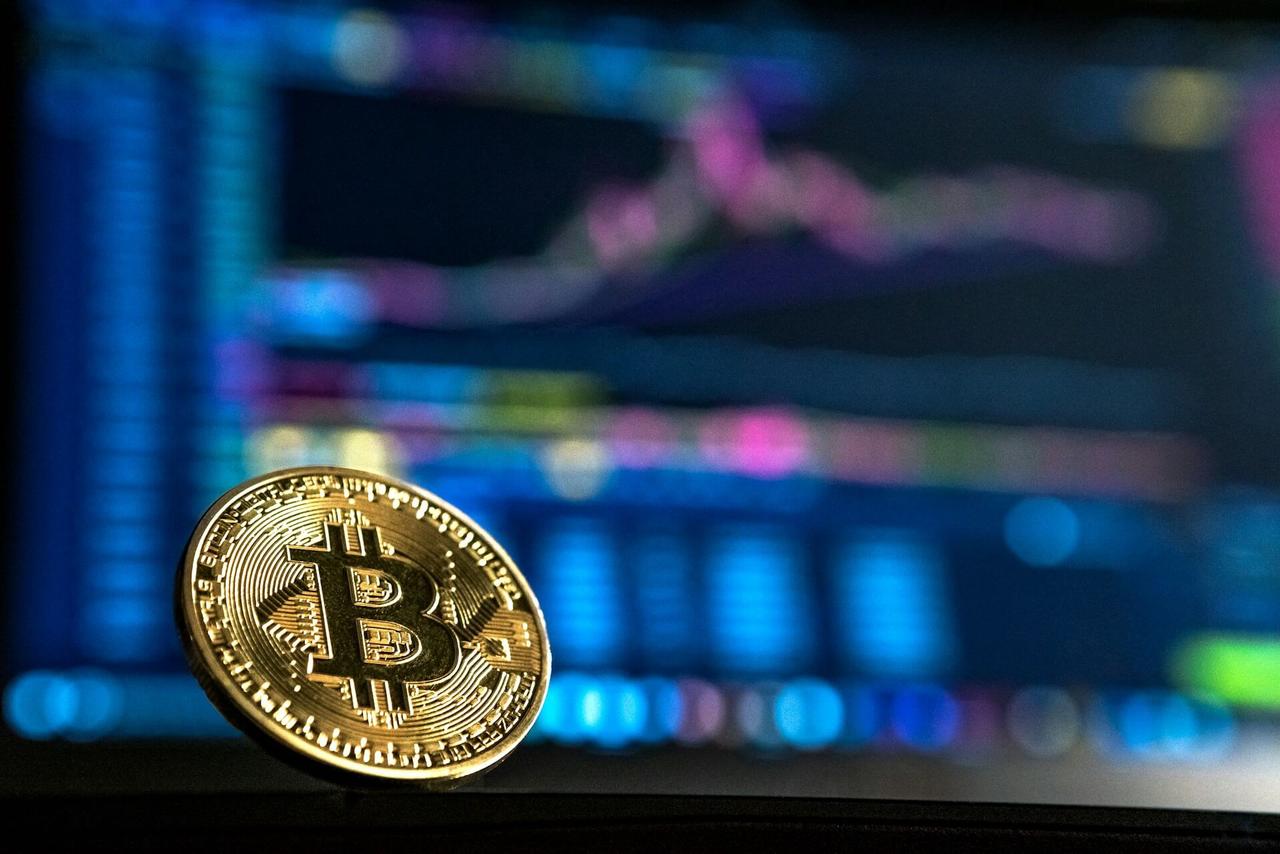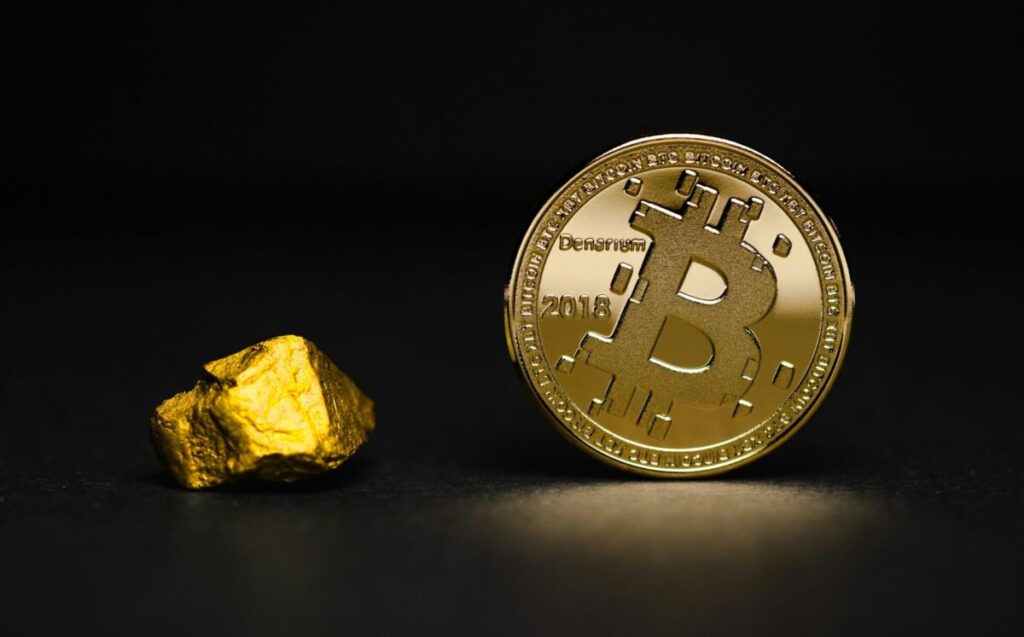The question "is bitcoin haram" has become increasingly urgent for Muslim investors worldwide as cryptocurrency gains mainstream acceptance.
With over 1.8 billion Muslims globally, many are seeking clarity on whether Bitcoin aligns with Islamic finance principles or violates Shariah law.
This article examines scholarly opinions from both sides, explores the Islamic finance framework, and provides practical guidance for Muslims considering Bitcoin investment.
You'll discover why scholars disagree, what factors determine permissibility, and how to approach cryptocurrency trading within Islamic guidelines.
Key Takeaways
Bitcoin's permissibility in Islam depends on how it's traded, with spot transactions generally accepted by many scholars while leveraged trading and options remain prohibited.
Islamic scholars disagree on Bitcoin's status—Egypt's Grand Mufti declared it haram due to volatility and criminal use, while Malaysia's Shariah Advisory Council approved it as a halal commodity.
Three core Islamic finance principles determine Bitcoin's permissibility: avoiding riba (interest), gharar (excessive uncertainty), and maysir (gambling-like speculation).
Spot Bitcoin trading without leverage can be halal if purchased immediately, held for legitimate purposes, and traded on platforms avoiding interest-based features.
Muslims considering cryptocurrency investment should consult qualified scholars, research the specific asset thoroughly, and avoid margin trading, futures contracts, and tokens linked to prohibited industries.
For Muslims evaluating whether bitcoin is halal or haram, understanding Islamic finance principles is essential.
Additionally, Islamic finance requires transactions to involve real economic value and avoid funding prohibited activities like alcohol, gambling, or weapons.
Bitcoin's digital nature raises unique questions because it lacks physical form and isn't backed by tangible assets like gold or government guarantees.
Traditional Islamic currencies historically required intrinsic value, which creates debate about whether Bitcoin qualifies as legitimate money under Shariah principles.
The cryptocurrency's extreme price volatility also triggers concerns about gharar, as values can swing dramatically within hours.
However, Bitcoin's transparent blockchain technology and growing acceptance by merchants worldwide have led some scholars to reconsider its status.
The fundamental question becomes whether Bitcoin functions sufficiently as a medium of exchange and store of value to be considered lawful property (mal) in Islamic jurisprudence.
He emphasized the "high degree of uncertainty" and "instability" that exposes investors to significant financial risk.
The Mufti noted that Bitcoin lacks connection to any established marketplace or economy, and its storage requires sophisticated encryption that makes recovery nearly impossible if keys are lost.
He also highlighted Bitcoin's frequent use in criminal activities due to its anonymity, raising concerns about money laundering and financing illegal operations.
Turkey's religious wing issued similar guidance, declaring bitcoin haram primarily due to excessive uncertainty and potential abuse by criminal elements.
The authority emphasized that cryptocurrency trading involves gharar at levels incompatible with Islamic contract law.
Without regulatory oversight or government backing, Bitcoin creates conditions where fraud and manipulation can flourish unchecked.
Shaykh Haitham argues that Bitcoin cannot be permissible because it lacks any real underlying value.
He extends this criticism even to fiat currencies since the 1971 Bretton Woods agreement unpegged the dollar from gold, but notes that Bitcoin has no authority backing it whatsoever.
Unlike fiat currency, which serves necessary functions in daily life, Bitcoin usage remains optional and largely speculative.
The Shaykh concludes that bitcoin mining is also impermissible because it creates money from nothing, though he leaves open the possibility that a gold-backed cryptocurrency could be acceptable.
Indonesia's Majlis Ulama Indonesia forbade cryptocurrency trading specifically citing violations of gharar and maysir principles.
The council determined that Bitcoin's speculative nature and uncertainty make it incompatible with Islamic finance standards.
This ruling affects millions of Indonesian Muslims, representing one of the world's largest Muslim populations.
Dr. Mohd Daud Bakar, the council's chairman, explained that Bitcoin functions as a new type of digital asset and "there is nothing wrong" with buying, holding, or selling it when prices rise.
He compared cryptocurrency to airline reward points—abstract currencies that people freely exchange for goods and services.
This ruling explicitly permits Bitcoin trading under Islamic law when conducted as spot transactions without leverage or interest.
Mufti Muhammad Abu-Bakar concluded that Bitcoin is permissible because it represents a "valuable asset" accepted by currency exchanges and used as payment by numerous shops and platforms today.
His detailed analysis emphasized that Bitcoin meets the criteria for mal (lawful property) in Islamic jurisprudence because it possesses desirability, storability, and taqawwam (legal value).
He acknowledged that Bitcoin remains a "nascent" market with volatile prices and potential losses, but this doesn't automatically render it haram since all investments carry risk.
Ziyaad Mahomed argues that Shariah law doesn't require currencies to have intrinsic value like gold or silver.
What matters is social acceptance—whether people recognize something as having value and use it in transactions.
He notes that when Bitcoin becomes excessively volatile or driven by retail investor frenzy, trading becomes more questionable, but a widely-accepted digital coin can be halal in principle.
This perspective opens the door for Bitcoin legitimacy based on its growing global acceptance as a medium of exchange.
Islamic finance operates on a fundamental rule: transactions are permissible (ibahah) unless explicitly forbidden.
Since the Quran and hadith don't specifically mention cryptocurrency, scholars applying this principle argue that Bitcoin can be lawful property if it avoids prohibited elements.
The Islamic Economic Forum notes that assets are permissible by default unless their benefits conflict with Shariah, meaning Bitcoin's digital nature alone doesn't disqualify it from being halal.
The permissibility of Bitcoin investment hinges on several critical factors that determine whether the activity aligns with Islamic principles.
Trading method matters significantly—spot trading where you immediately own the Bitcoin tends to be acceptable, while futures contracts, options, and leveraged trading are generally considered haram due to excessive gharar and maysir elements.
Most scholars agree that crypto options trading violates Islamic finance rules because it involves speculation on price movements without actual asset ownership, resembling gambling.
Your investment purpose also affects permissibility. Long-term holding of Bitcoin as a store of value or using it for legitimate transactions differs from day trading speculation purely for quick profits.
The latter approaches gambling-like behavior that Islamic finance discourages.
Platform selection requires careful consideration—choose exchanges that don't charge or pay interest, avoid lending programs that generate riba-like returns, and ensure immediate settlement of transactions (taqabudh).
Certain activities should be completely avoided: margin trading with borrowed funds, staking programs that promise fixed returns resembling interest, and highly speculative meme coins with no real utility.
The cryptocurrency itself matters too. Bitcoin has gained legitimacy through widespread acceptance and transparent blockchain technology, while tokens connected to prohibited industries like gambling, alcohol, or adult content remain haram regardless of how you trade them.
Is bitcoin haram in Islam?
Bitcoin's status depends on how it's used—spot trading without leverage can be halal, but speculative day trading or options contracts are generally considered haram.
Is bitcoin mining halal or haram?
Scholars disagree: some permit mining as legitimate transaction verification work, while others like Shaykh Haitham al-Haddad consider it haram for creating money from nothing.
Is it haram to buy bitcoin?
Buying Bitcoin through spot purchase for immediate ownership is considered permissible by many scholars if used ethically and not for gambling-like speculation.
Why is bitcoin haram according to some scholars?
Critics cite extreme volatility creating gharar, lack of intrinsic value, absence of regulatory oversight, and frequent use in illegal activities as primary concerns.
Is investing in bitcoin haram?
Long-term Bitcoin investment can be halal if done without leverage, interest, or excessive speculation, though opinions vary among scholars and regional authorities.
Is bitcoin trading haram in Islam?
Spot trading is often deemed permissible, but margin trading, futures, and options are generally considered haram due to riba and gharar elements.
The answer to "is bitcoin haram" remains nuanced and depends heavily on trading methods, investment intentions, and individual scholarly interpretation.
While prominent scholars like Egypt's Grand Mufti declare Bitcoin haram due to volatility and uncertainty, Malaysia's Shariah Advisory Council and numerous other authorities have deemed spot Bitcoin trading permissible.
The consensus suggests that Bitcoin can be halal when purchased through immediate spot transactions, held for legitimate purposes, and traded on platforms avoiding interest-based features.
Muslims considering cryptocurrency investment should consult qualified Islamic scholars, conduct thorough research on both the asset and trading platform, and strictly avoid leverage, options contracts, and projects connected to prohibited industries.










